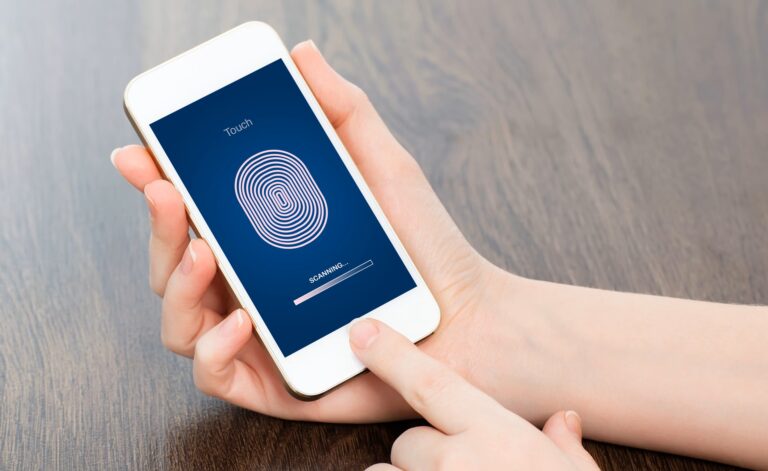Digital Privacy in 2025: Simple Habits to Stay Safe Online

In today’s connected world, your data is more valuable than ever—and more vulnerable. With every click, swipe, or tap, companies and hackers alike can collect your information. But protecting your digital privacy doesn’t have to be complicated.
Here’s how you can take simple, smart steps to protect yourself online in 2025 and beyond.
🔐 1. Use Strong, Unique Passwords
Never reuse the same password across multiple websites. If one site is hacked, all your accounts become vulnerable.
Tip:
Use a password manager to store and generate secure passwords.
🛑 2. Say No to Public Wi-Fi (Without a VPN)
Public Wi-Fi is convenient—but it’s also a hotspot for hackers. If you must use it, always turn on a trusted VPN (Virtual Private Network) to encrypt your data.
Bonus:
VPNs also help hide your location and browsing activity from trackers.
👀 3. Limit What You Share on Social Media
Avoid posting your birthday, address, or vacation plans. These details can be used for identity theft or scams.
Privacy Tip:
Always check your profile’s privacy settings—many platforms reset them during updates.
🧠 4. Beware of Phishing Emails & Fake Links
Scammers create emails and websites that look real to trick you into sharing personal info.
What to Do:
- Don’t click on suspicious links.
- Always verify the sender’s email address.
- Look for “https” in web URLs before entering details.
🔍 5. Use Search Engines That Respect Your Privacy
Some search engines, like DuckDuckGo or Startpage, don’t track your searches or sell your data.
Did You Know?
Most free services make money by tracking and targeting you with ads.
📱 6. Turn Off Unnecessary App Permissions
Apps often ask for more permissions than they need—like accessing your camera, contacts, or location.
Quick Fix:
Go to your phone’s settings and disable permissions that seem unrelated to the app’s purpose.
🔄 7. Update Software Regularly
Outdated apps and systems are easy targets for cybercriminals. Updates often fix security holes.
Set it & forget it:
Enable auto-updates where possible.
🛡️ Final Thoughts
Digital privacy is no longer optional—it’s essential. By building a few smart habits, you can take back control of your personal information and browse with confidence.
Remember: Staying private online starts with awareness and small actions you take every day.
